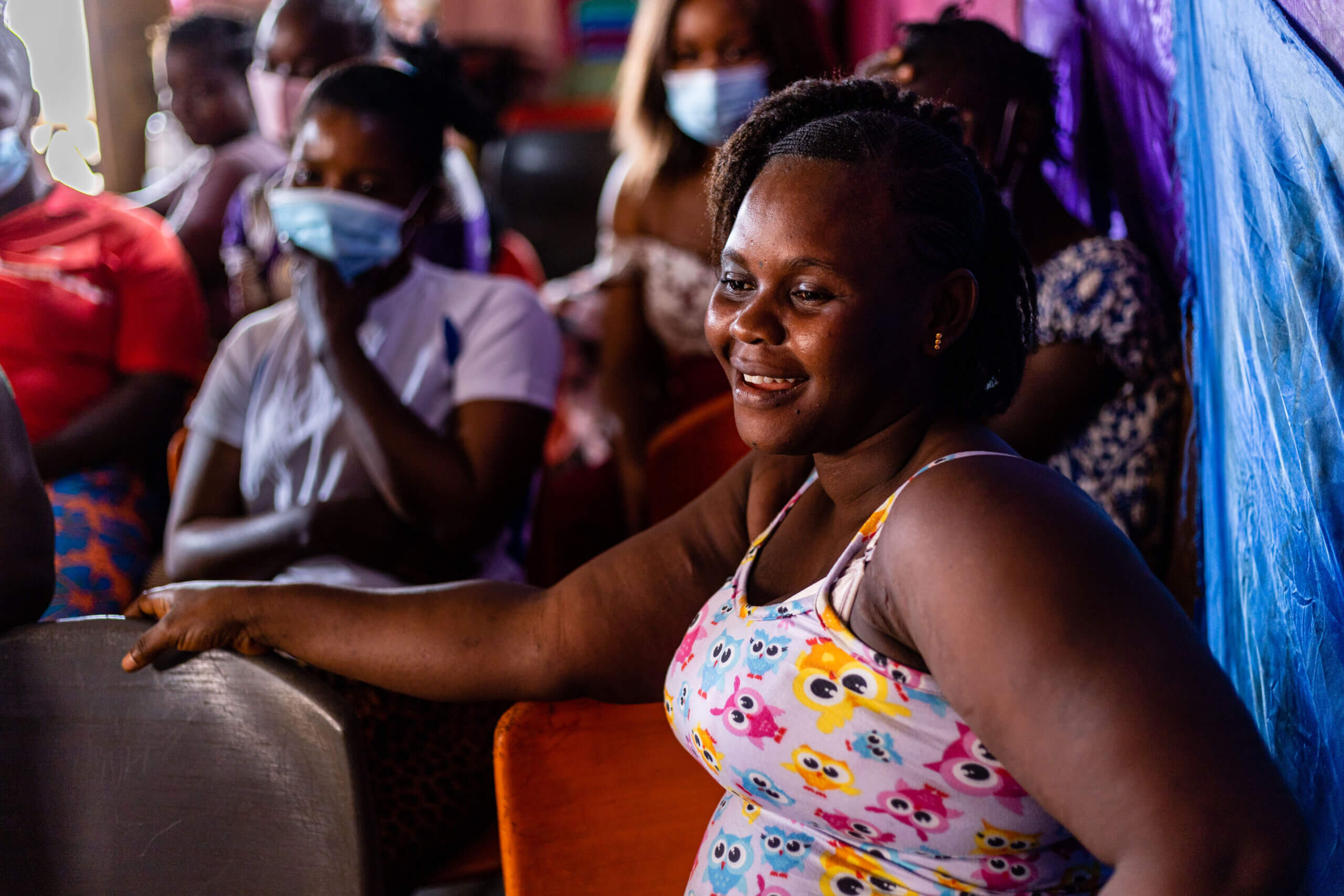Let’s talk about tech: Meta and Google are blocking reproductive health information
MSI’s new report with the Center for Countering Digital Hate finds that Meta and Google are blocking access to accurate information on abortion and wider reproductive healthcare in countries across Africa, Asia, and Latin America.
MSI country programmes have countless examples of safe and accurate healthcare information being suppressed, blocked, restricted — while anti-choice rhetoric and fake abortion clinic advertising thrives.
When women cannot find the safe information and services they need, they’re at risk of absorbing stigma and disinformation as truth and turning to unsafe abortion methods.
So, MSI has partnered with the Center for Countering Digital Hate on a report that unearths these online trends and challenges, and calls for tech companies to take responsibility. The report, Digital Disparities: The global battle for reproductive rights on social media, includes case studies from some of our teams in the Global South, exposing the major problems our sector faces on social media and search platforms.
Women and girls are being neglected by these major tech platforms who are putting their bottom lines above the public good. So we’re calling it out.
Examples from MSI frontline work
Our frontline examples from Ghana, Kenya, Mexico, Nepal, Nigeria and Vietnam have brought this issue to life.
In Ghana, Meta limits the language we can use to such an extent that we struggle to share any content at all. We can no longer use the phrase “pregnancy options” to signpost to our sexual and reproductive healthcare services because Meta has deemed it taboo.
In Nepal and other MSI countries, Meta rejected or removed our ads, even placing blanket advertising restrictions on us, without offering a clear justification or response.
In Mexico, anti-choice groups peddled misinformation that exaggerates the risks of abortion care, deterring women from accessing services and causing “total confusion”. Meta served anti-choice ads in Ghana and Mexico that were viewed up to 8.8 million times, including ads placed by foreign groups, with false and scaremongering claims about abortion.
In Vietnam, fake websites on Google are designed to imitate MSI to scam people. Although we reported these, the fraudulent pages remained online, waiting to take advantage of women seeking medical care.
By giving a platform to anti-choice groups, tech companies are contributing to the restrictions placed on women’s bodies and limiting their choices. And by putting up digital barriers to accurate information, they’re also giving fuel to the stigma around abortion, and preventing women from finding essential healthcare.
Responding to the report, our Global Marketing Manager, Whitney Chinogwenya, shared:
“False information can only be corrected with facts and evidence, yet from Ghana to Nepal, Meta is removing our Facebook pages and ads with no explanation, while turning a blind eye to abusive messages directed at our team members for simply doing their jobs. And in our programmes in the Global South, Google does next to nothing about harmful websites advertising fake clinics that put women and girls at serious risk. We’re always firefighting the next issue, with no one to turn to but a chatbot.
“Women and girls are being neglected by these major tech platforms who are putting their bottom lines above the public good. In the face of growing attacks on our rights and freedoms, it’s time for them to crack down on disinformation and support women to make the choices that are right for them, with genuine information they can trust.”
You can hear more from Whitney in her article for The Telegraph.
What’s next?
With our joint report now launched, our call for Meta and Google and all tech companies to crack down on disinformation is louder and we will continue to engage with them. We must support women to make the choices that are right for them, with genuine information they can trust. In the face of growing attacks on our rights and freedoms, there’s never been a more important time to do so.
Keep an eye out this year for MSI’s campaigns on protecting access to accurate information on reproductive health and rights online. We won’t stop until everyone has the access and information they need to make informed healthcare choices that will support their bodies, health, and futures.
You can access the full report on our website. You can share the report with your networks on LinkedIn and Twitter.






